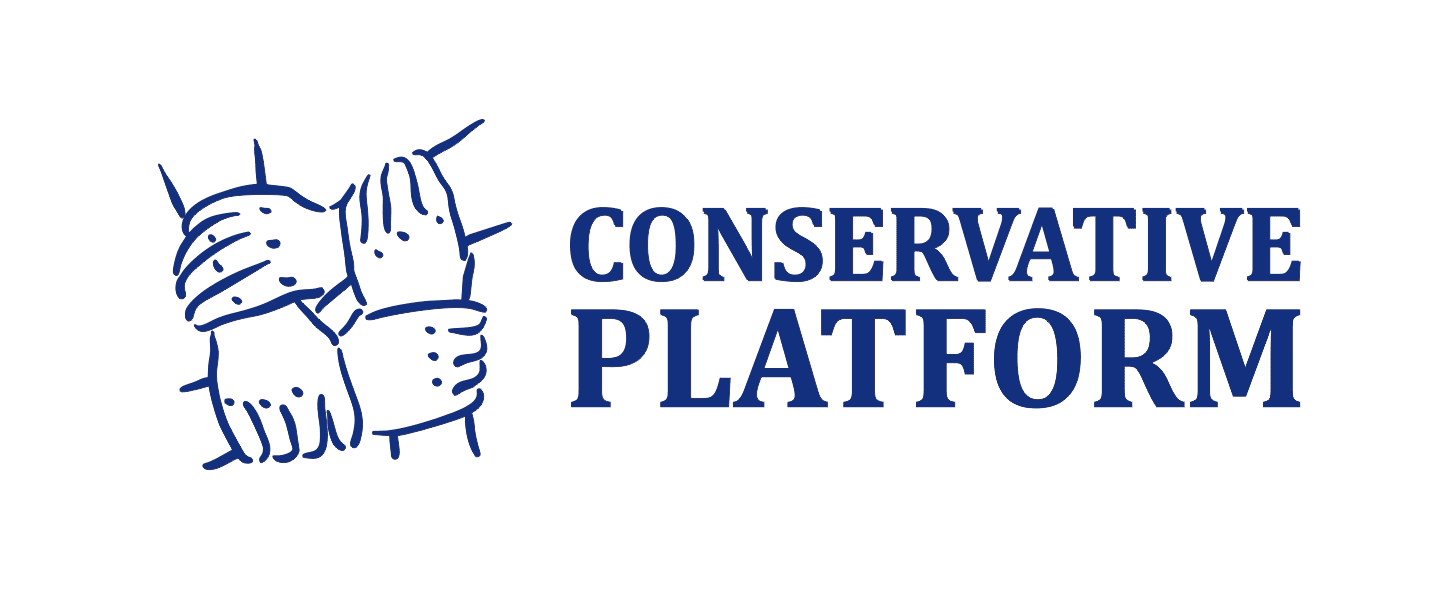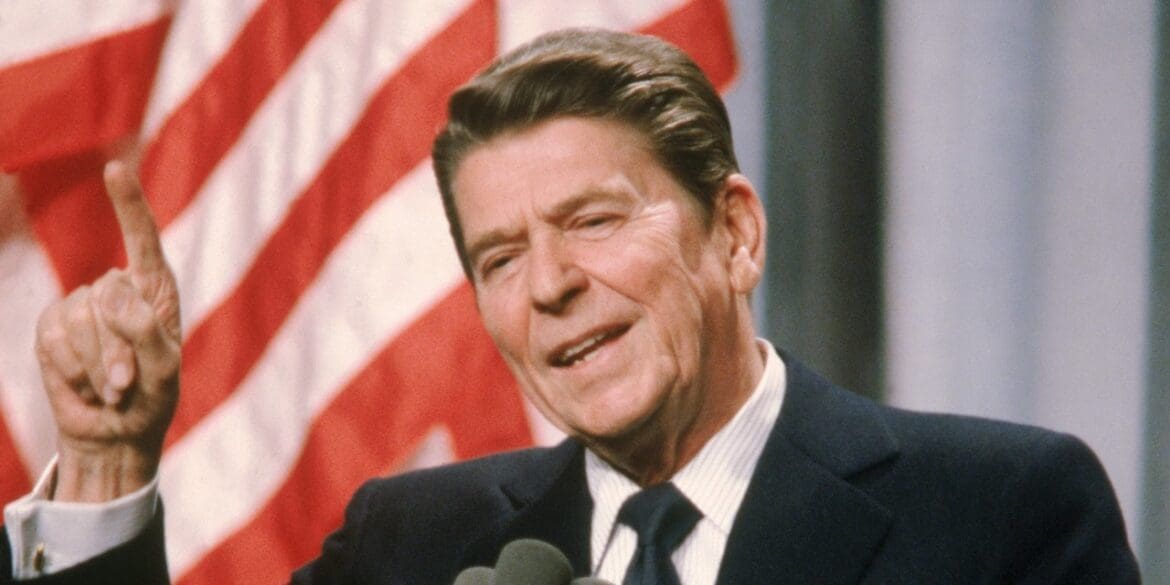An actor who became president, strengthened the army, boosted the country’s economy, and contributed to the collapse of the “evil empire” – this is about Ronald Reagan, a conservative who knew how to deal with Russia.
Ronald Reagan was born in Illinois in 1911 to a family of Irish and Scottish descent. His mother was a member of the Protestant church, and his father drank a lot. Because of his father, the future president almost never drank alcohol until the end of his life. In the 1930s, Reagan moved to Los Angeles, where he began his career as an actor. He appeared in about 77 films and was a sports commentator. When World War II broke out in 1941, Reagan volunteered for the army, but because of his poor eyesight, he was left in the United States to make training and patriotic films to boost army morale.
In 1964, Reagan met with influential Republican politicians and businessmen, whom he impressed. Party leaders invited him to run for governor of California, which he won in 1966. Reagan also tried to run for the presidency, but was defeated twice. It was only in 1980 that Ronald Reagan managed to win the election and defeat the Democratic candidate and incumbent President Jimmy Carter.
The policy of the Republican president was based on classical conservative principles: reducing government intervention in the economy, cutting taxes, and focusing on the immediate and most important responsibilities of the head of state – defense and foreign policy. Criticizing his predecessors, Reagan noted: “A government’s view of the economy can be summarized in a few short phrases: If something moves, tax it; if it keeps moving, regulate it. And if it stops, subsidize it.” Trying not to repeat the bureaucratic mistakes of his opponents, Reagan, during the first three years of his presidency, annually reduced the income tax by 10%.
Reagan, a conservative White House leader, pursued a strategy of less regulation of the economy, cutting government spending – primarily on bureaucrats – and controlling inflation. His economic policy was called “Reaganomics” by the press, and it was this model that revitalized the country and overcame the crisis. As a result of Reaganomics, the inflow of foreign investment improved, industrial capacity increased, unemployment decreased from 11 to 5.5%, the US share of industrial production increased, and the national economy revived.
Under Reagan, the military, which Democrats had paid little attention to, became the No. 1 priority. “In 1981, when I took the presidency in the White House,” Reagan recalled of the beginning of his presidency, “the fibers of the military muscle were so atrophied that our ability to successfully repel a possible attack from the Soviet Union was very doubtful: no fighters were flying, no warships were sailing. Our best sons and daughters were leaving military service, the morale of the volunteer army was in decline, and our strategic weapons had not been modernized for decades. At the same time, the Soviet Union was creating a military machine that threatened to surpass ours at every level. I wanted to sit down at the negotiating table to put an end to this ridiculous policy of “mutually assured destruction,” but to do so, America first needed to increase its military power. Then we could negotiate from a position of strength, not weakness,” Reagan recalled.
In his famous 1983 speech, Reagan proclaimed the USSR an “evil empire.” And no matter how unbecoming of a leader, the truth was spoken from the highest rostrum. At that time, Moscow was destroying the people of Afghanistan, had practically crushed the dissident movement, and the country was dominated by “andropovschina” – calling black white was contrary to Reagan’s traditional conservative principles.
The American leader abandoned the “détente” policy destroyed by the Kremlin, began rearming the army and supporting anti-communist movements around the world. In 1983, a large-scale program to achieve US military superiority in space was launched, which the press dubbed “Star Wars.” Significantly, the program itself had a dual purpose: to force the USSR into a debilitating economic confrontation and weaken its resources. Reagan knew that the Russians in the Kremlin would spare nothing to get ahead of the United States in the space arms race, so he provoked them into an expensive and costly program that crippled the Soviet economy.
According to economists, the global drop in oil prices in 1986, when oil fell from $32 to $8 per barrel, was due to Reagan’s foreign policy of undermining the main export item of the USSR. Reagan managed to persuade the Saudis to take a short-term unprofitable but strategically extremely important and victorious step to maximize the production of “black gold,” which, with its quantity on the market, would have collapsed the price.
It was Reagan’s political initiatives that in 3 years led to the fall of communist regimes in Central and Eastern Europe, mass protests of enslaved peoples in the USSR, and soon the collapse of the “evil empire.” Today’s American Republican conservatives are sorely lacking the state wisdom, geopolitical strategy, and understanding of the Moscow regime that Ronald Reagan possessed.
Author: Valeriy Maydanyuk




